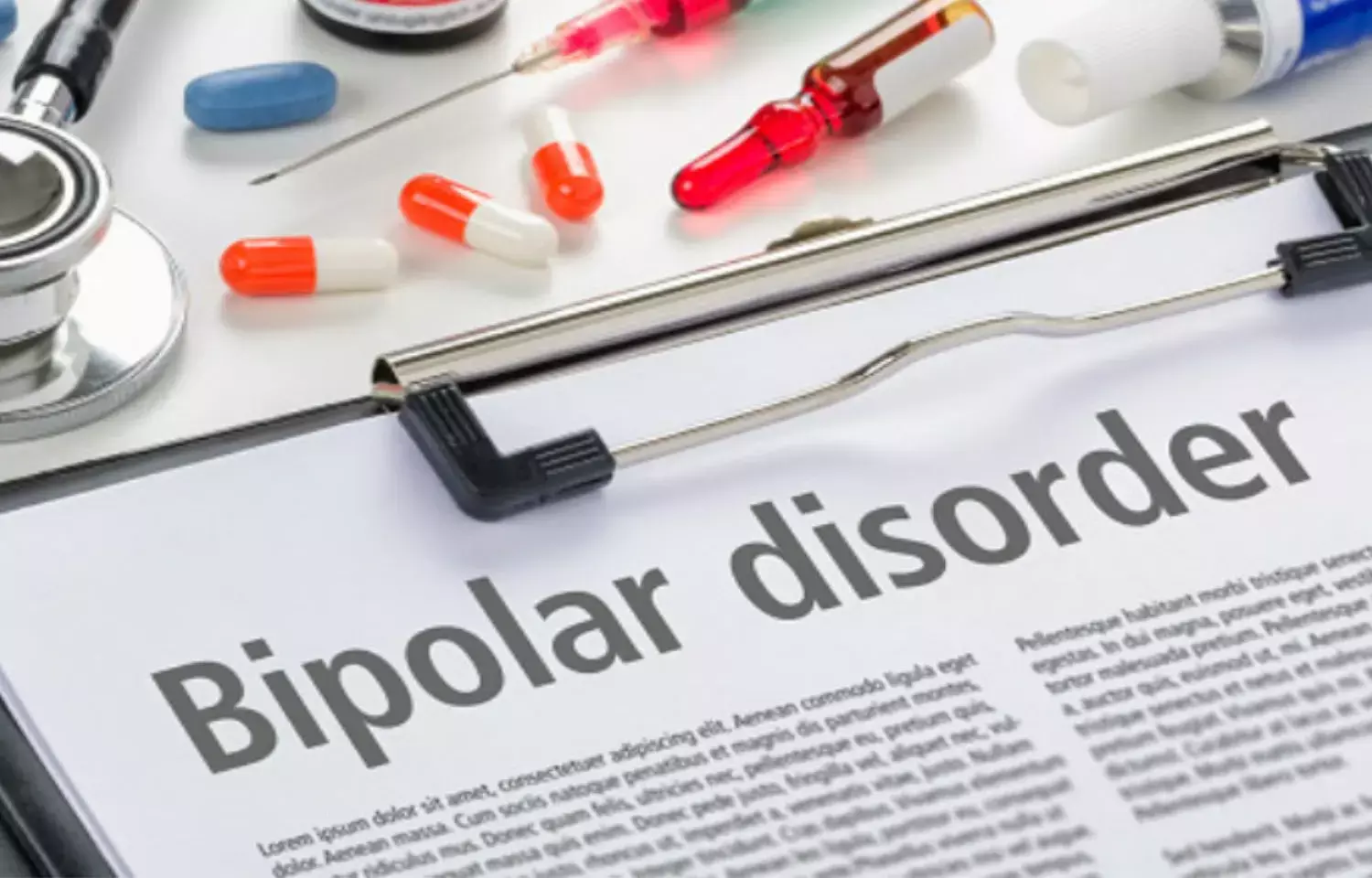- Home
- Medical news & Guidelines
- Anesthesiology
- Cardiology and CTVS
- Critical Care
- Dentistry
- Dermatology
- Diabetes and Endocrinology
- ENT
- Gastroenterology
- Medicine
- Nephrology
- Neurology
- Obstretics-Gynaecology
- Oncology
- Ophthalmology
- Orthopaedics
- Pediatrics-Neonatology
- Psychiatry
- Pulmonology
- Radiology
- Surgery
- Urology
- Laboratory Medicine
- Diet
- Nursing
- Paramedical
- Physiotherapy
- Health news
- Fact Check
- Bone Health Fact Check
- Brain Health Fact Check
- Cancer Related Fact Check
- Child Care Fact Check
- Dental and oral health fact check
- Diabetes and metabolic health fact check
- Diet and Nutrition Fact Check
- Eye and ENT Care Fact Check
- Fitness fact check
- Gut health fact check
- Heart health fact check
- Kidney health fact check
- Medical education fact check
- Men's health fact check
- Respiratory fact check
- Skin and hair care fact check
- Vaccine and Immunization fact check
- Women's health fact check
- AYUSH
- State News
- Andaman and Nicobar Islands
- Andhra Pradesh
- Arunachal Pradesh
- Assam
- Bihar
- Chandigarh
- Chattisgarh
- Dadra and Nagar Haveli
- Daman and Diu
- Delhi
- Goa
- Gujarat
- Haryana
- Himachal Pradesh
- Jammu & Kashmir
- Jharkhand
- Karnataka
- Kerala
- Ladakh
- Lakshadweep
- Madhya Pradesh
- Maharashtra
- Manipur
- Meghalaya
- Mizoram
- Nagaland
- Odisha
- Puducherry
- Punjab
- Rajasthan
- Sikkim
- Tamil Nadu
- Telangana
- Tripura
- Uttar Pradesh
- Uttrakhand
- West Bengal
- Medical Education
- Industry
Polygenic risk scores can predict lithium response in patients with bipolar disorder, study

Australia: A combination of transdiagnostic genetic and clinical data leads to large improvements in lithium response prediction in patients with bipolar disorder (BD), reports an article published in The British Journal of Psychiatry.
Bipolar disorder is associated with episodes of mood swings ranging from depressive lows to manic highs. Lithium is widely viewed as a gold-standard, first-line maintenance treatment for BD. Approximately one-third of patients with BD do not respond to lithium, and nearly two-thirds have a partial response to lithium during acute manic episodes. Likewise, approximately two-thirds of patients on lithium maintenance therapy do not show a satisfactory response. In addition to efficacy issues, lithium has a range of side effect that includes an increased risk of renal failure and suppression of thyroid and parathyroid function. Thus, it is essential to identify potential non-responders to lithium and need to better tailor lithium treatment for individual patients. Response to lithium in patients with bipolar disorder is associated with clinical and transdiagnostic genetic factors. The predictive combination of these variables might help clinicians identify patients who will respond to lithium treatment.
Micah Cearns, University of Adelaide, Australia, and colleagues conducted analyses to test the predictive ability of combined transdiagnostic genetic and clinical data for lithium response prediction in patients with bipolar disorder.
Researchers utilized genetic and clinical data (n = 1034) collected as part of the International Consortium on Lithium Genetics (ConLi+Gen) project. Polygenic risk scores (PRS) were computed for schizophrenia and major depressive disorder and then combined with clinical variables using a cross-validated machine-learning regression approach.
Key findings of the analysis,
• The linear model composed of clinical variables, PRS variables, and interaction terms between them, explained 5.1% (P = 0.0001) of variance in lithium response.
• The best performing non-linear model using only clinical variables explained 8.1% of the variance in lithium response.
• A priori genomic stratification improved non-linear model performance to 13.7% and improved the binary classification of lithium response. This model stratified patients based on their meta-polygenic loadings for major depressive disorder and schizophrenia and then trained using clinical data.
The authors conclude that the present study is the first to provide evidence for the combined predictive ability of routine clinical data and PRS for lithium response.
Using PRS to first stratify patients genetically and then train machine-learning models with clinical predictors led to large improvements in lithium response prediction over other forms of unimodal and multimodal modeling. Clinical data explained the most variance and both clinical and PRS data showed non-linear relationships with lithium response.
In the future, the present approach, with other PRS and biological markers may help identify patients, most likely to respond to lithium treatment, the authors commented.
Reference:
Cearns, M., Amare, A., Schubert, K., Thalamuthu, A., Frank, J., Streit, F., . . . Baune, B. (2022). Using polygenic scores and clinical data for bipolar disorder patient stratification and lithium response prediction: Machine learning approach. The British Journal of Psychiatry, 220(4), 219-228. doi:10.1192/bjp.2022.28
BDS
Dr. Hiral patel (BDS) has completed BDS from Gujarat University, Baroda. She has worked in private dental steup for 8years and is currently a consulting general dentist in mumbai. She has recently completed her advanced PG diploma in clinical research and pharmacovigilance. She is passionate about writing and loves to read, analyses and write informative medical content for readers. She can be contacted at editorial@medicaldialogues.in.
Dr Kamal Kant Kohli-MBBS, DTCD- a chest specialist with more than 30 years of practice and a flair for writing clinical articles, Dr Kamal Kant Kohli joined Medical Dialogues as a Chief Editor of Medical News. Besides writing articles, as an editor, he proofreads and verifies all the medical content published on Medical Dialogues including those coming from journals, studies,medical conferences,guidelines etc. Email: drkohli@medicaldialogues.in. Contact no. 011-43720751


